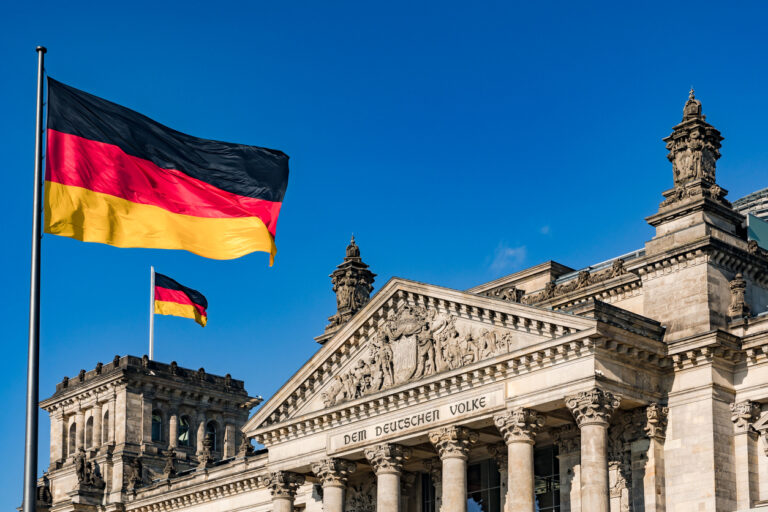Germany is easing quarantine restrictions for travelers from several countries, including the United Kingdom, starting July 7. The downgrade was recommended by the Robert Koch Institute, the country’s federal public health agency.
Under the new rules, people who have been fully vaccinated against COVID-19, or who can prove they have recovered from the virus, will no longer have to isolate when they travel to Germany from the U.K.
Travelers from India, Nepal, Portugal and Russia have also been exempted from quarantine.
Individuals who have not been vaccinated will still need to quarantine, but the required isolation period has been reduced to 10 days. People who receive a negative COVID-19 test result after five days will have the option of leaving quarantine early.
Before the easing of restrictions, Germany banned foreign visitors, only allowing its own citizens and residents to enter its borders. It also required all incoming travelers, including those who were fully vaccinated, to quarantine for 14 days.
The new plan was negotiated during recent talks between German Chancellor Angela Merkel and British Prime Minister Boris Johnson.
Previously, German officials were concerned that British travelers would spread the more contagious delta variant of the coronavirus.
First identified in India, the delta strain is now responsible for 90% of all new infections in the U.K. In an effort to contain it, Germany slapped Britain with its highest COVID-19 travel designation, a “virus variant area,” on May 23.

However, now that the variant is prevalent in many European countries, Germany has dropped the U.K. to a “high-incidence area,” which is its second highest designation.
Germany still lists 11 countries on its “virus variant area” list, including Botswana, Brazil, Eswatini, Lesotho, Malawi, Mozambique, Namibia, Zambia, Zimbabwe, South Africa and Uruguay.
After two months of steady decline, new COVID cases in Germany are on the rise again. According to the RKI, there were 985 new infections on July 7, a rise of 177 cases compared to the daily increase last week.
The country’s seven-day average infection rate was 5.1 cases per 100,000 people on July 6, an increase from 4.9 cases per 100,000 people a week ago.
Since the pandemic began, Germany has reported a total of 3.73 million cases and 91,110 deaths.

